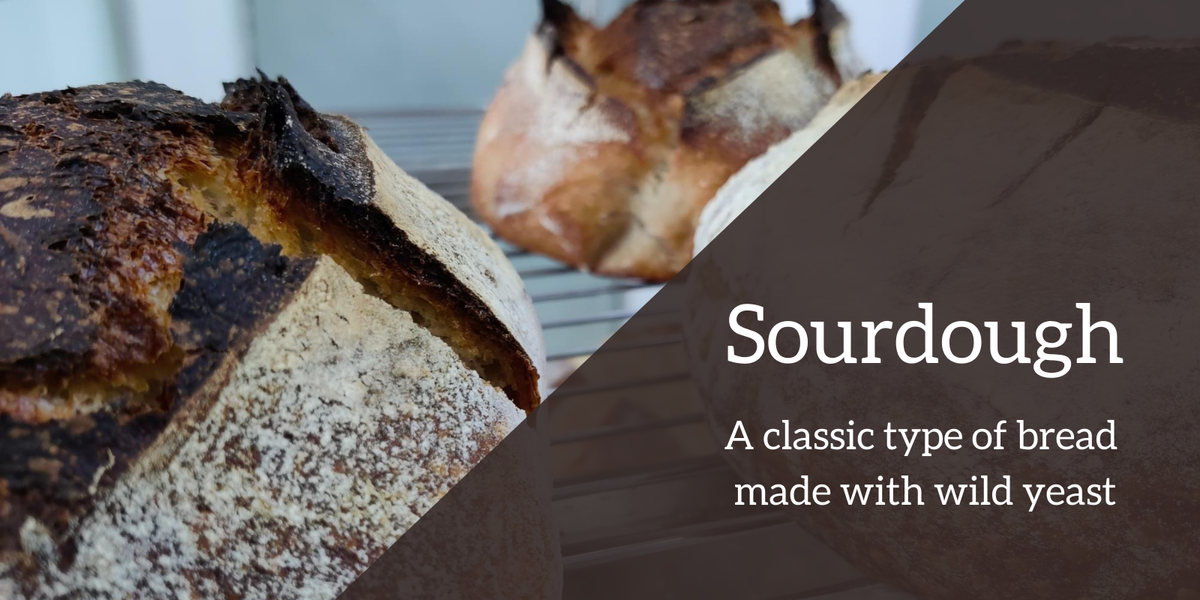
People have been making bread with wild yeast for centuries, but it's only recently that sourdough has experienced a surge in popularity. Today we will look into sourdough and see what is the difference between sourdough and other types of dough?
Traditional ingredients
The traditional way of making Sourdough bread is made with a three-ingredient recipe of salt, flour and the alchemy from sourdough starter. The lack of milk or fresh yeast makes this spongy loaf perfect for people who have gluten intolerance.
Wild yeast
The natural yeast used to create a sourdough loaf comes from the air(sourdough starter) instead of being cultured beforehand(packaged yeast). The fermentation process gives this type of bread its signature tangy taste and chewy texture, while also contributing extra nutrients like vitamin B and calcium.
Other type of sourdough
There are many different variations on the recipe - some versions call for starter dough from previous loaves or an additional ingredient such as rye flour to add flavor or sweetness. Other variants also include honey wheat, potato flour etc
Benefits of eating sourdough
1. Easy to digest
The amount of work your body needs to do to break down starches is reduced because the prebiotic ingredients in the sourdough are already broken down by bacteria and yeast before it reaches your stomach.
2. Lower glycemic index
Since sourdough is fermented with natural yeast, it consumes the bad starches within the dough which will help preventing your blood sugar from rising drastically after eating sourdough
3. Better for gluten-sensitivity people
The long preparation time as well as fermented time has broken down the protein gluten into amino acids which gives you a less gluten before eating sourdough
4. Natural origins
Sourdough is made with simple and raw ingredients such as whole flour, natural yeast and salt, with natural yeast, it produces good bacteria which comes in a natural origin.
5. No preservatives
Sourdough has the acetic acid which was produced naturally during fermentation process and it prevents growth of mold in natural way instead of using preservatives.
6. Rich in nutritious
From the way of making sourdough, it contains several vitamins and nutrients which are needed for your body and help to build a better immunity system. Sourdough also has small portion of calcium, iron, manganese, vitamin B(B1 to B6, B12), zinc, potassium, niacin, selenium etc, all together, gives you a healthier choice compare to regular breads
A must-try bread to open a new world
Sourdough is perfect for when you're craving something hearty with complex flavors! Give it a try as a breakfast and it will definitely make your day!



